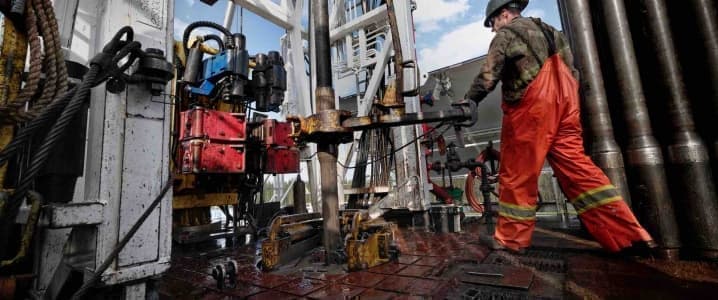Alberta’s government will allow oil producers to pump 3.8 million bpd of crude in November and 3.81 million bpd in December, Reuters reports. That’s up from 3.79 million bpd in October and 3.56 million bpd in January this year, when the curtailments entered into effect.
First announced by former NDP Premier Rachel Notley last December, the production cuts came in response to a slump in Canadian oil prices that at one point exceeded $50 per barrel compared to West Texas Intermediate.
Although opposed by some in the industry, the cuts did their job and Canadian crude rebounded quickly. Currently, Western Canadian Select trades at a discount of about $12 per barrel to WTI.
Even so, the problems that have plagued Alberta’s oil industry for years have not been solved. Pipeline capacity continues to be tight as opponents challenge new projects in courts. Some good news for Canadian oil came last month, when the federal government announced the resumption of work on the controversial Trans Mountain oil pipeline expansion. Despite continued opposition from British Columbia, Ottawa said the pipeline should be in service in 2022 at a daily capacity of 590,000 barrels.
Some more good news came from Nebraska, where a court finally approved the alternative route for the Keystone XL pipeline—a project even more controversial than Trans Mountain.
It is far from certain that either of these pipelines will indeed be completed anytime soon, and there is more trouble on the way. Beginning in January 2020, the International Maritime Organization will enforce new, stricter, sulphur emission rules. This means Canada’s heavy crude, with an average sulphur content of 3.5 percent, would fall out of favour as a shipping fuel to the benefit of lighter, sweeter grades such as West Texas Intermediate, whose average sulphur content is about 0.5 percent, the same as IMO’s new maximum allowable amount.
By Irina Slav for Oilprice.com
More Top Reads From Oilprice.com:
- Oil Plunges After Saudi Arabia Announces Yemen Ceasefire
- Goldman Sachs Sees Opportunity In The Shale Crisis
- Iran’s Ultimate Middle East Power Play

















